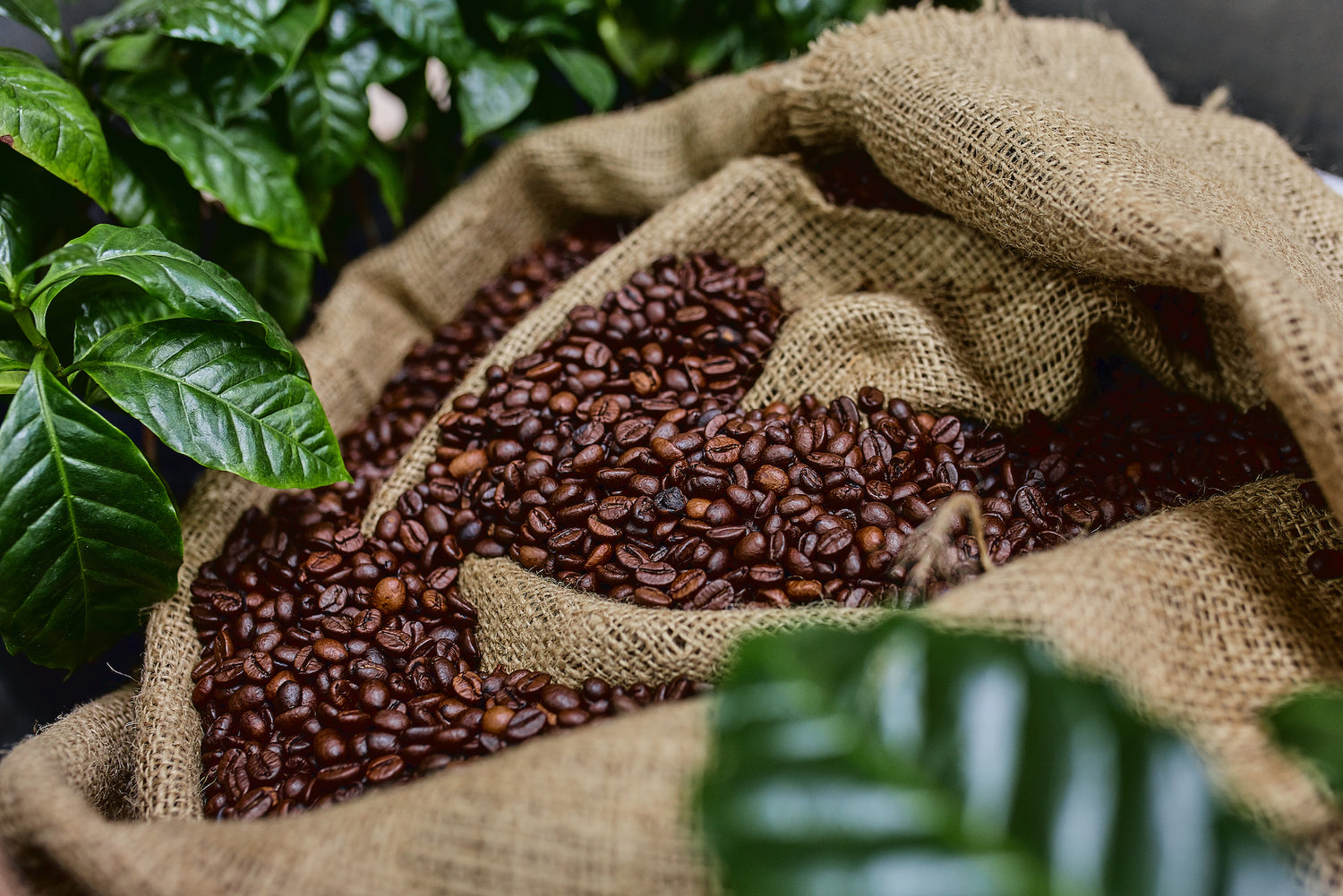Yes, a mocha does contain caffeine. This comes from the espresso used as its base.
A mocha, also known as a mocha latte or café mocha, is a delightful blend combining the bold flavors of coffee and the richness of chocolate. It’s a popular choice among coffee enthusiasts who crave a sweet twist to their daily caffeine kick.
Typically, a mocha consists of one shot of espresso, hot milk, and chocolate, which can be in the form of cocoa powder or syrup. The amount of caffeine in a mocha varies depending on the number of espresso shots and the size of the drink, but it usually ranges between 95 to 175 milligrams per serving. Perfect for those looking to indulge in a chocolatey coffee treat, a mocha not only satisfies sweet tooths but also provides a good energy boost. Keep in mind that the caffeine content might be higher if additional espresso shots are added to the recipe.
Mocha Basics: What’s In This Popular Beverage?
A mocha, often enjoyed by coffee lovers, definitely contains caffeine. The level of caffeine can vary. It mostly depends on the type of coffee used in the recipe. A classic mocha combines espresso, steamed milk, and chocolate. This trio is beloved for its rich flavor and energizing effect.
| Ingredient | Role in Mocha |
|---|---|
| Espresso | Provides caffeine |
| Steamed Milk | Adds creaminess |
| Chocolate | Delivers sweetness |
Different types of chocolate can be used. Some people like dark chocolate for a less sweet taste. Others prefer milk chocolate or even white chocolate for a twist. Every choice affects the distinct flavor and caffeine content.

Caffeine Content: The Force Behind The Buzz
A standard mocha coffee typically contains about 95 milligrams of caffeine per 8 ounces. This amount can vary based on the coffee’s strength and size. Smaller or larger servings adjust the caffeine level. To maintain balanced energy, knowing your drink’s caffeine content is key.
Mochas are unique blends of coffee, chocolate, milk, and sometimes whipped cream. Their caffeine levels can compete with other popular coffee drinks. Espresso drinks form the base for mochas, providing a significant caffeine kick.
| Coffee Drink | Caffeine Content |
|---|---|
| Latte | 75 mg |
| American | 95 mg |
| Cappuccino | 95 mg |
| Drip Coffee | 120 mg |
The Chocolate Factor: Does It Affect Caffeine Levels?
Caffeine does exist in chocolate, but to a lesser degree than coffee. Chocolate contributes a small amount of caffeine to a mocha. The darker the chocolate, the more caffeine it typically contains.
The pairing of coffee and chocolate magnifies the caffeine content in a mocha. Both ingredients work together to boost energy levels. Yet, the total caffeine in a mocha is mostly from coffee. People often think chocolate has a lot of caffeine. But, it’s not true when compared to coffee.

Your Custom Mocha: Controlling The Caffeine
Mocha drinks can vary in caffeine depending on your choice of coffee. If you prefer less buzz, decaf espresso is your friend.
With decaf, you enjoy the rich mocha taste without much caffeine. Most coffee shops offer decaf espressos, so you’re free to customize.
Want to control the kick? Ask to adjust the number of espresso shots. Just one shot can tone down the zing, keeping your mocha mild but flavorful.
Health Implications: Understanding Caffeine Intake
A typical mocha contains caffeine, often as much as coffee. Caffeine levels vary based on coffee bean type and size of the drink. A standard mocha features around 95 milligrams of caffeine per 8 ounces. This can be higher in larger sizes.
Safe caffeine intake is generally up to 400 milligrams for most adults. That’s about four 8-ounce cups of mocha or coffee. Children should have much less. Pregnant women are advised to limit caffeine to 200 milligrams.
Some people may feel jittery or have trouble sleeping even with small amounts. This means they are sensitive to caffeine. Always keep track of how you feel after your mocha. This can help you decide how much is safe for you.

Brewing And Barista Secrets: Crafting The Perfect Mocha
Crafting the perfect mocha starts with mastering espresso. A balanced espresso shot is key. Use high-quality coffee beans and water at the right temperature. Grind beans to a fine consistency. Tamp evenly to ensure water flows smoothly. Taste espresso alone to gauge its flavor profile.
Flavor balance is crucial in a mocha. The rich chocolate should complement, not overpower. Start with a small amount of chocolate. Increase as needed. Use milk to soften intense espresso. The final drink should have a harmony of sweet and bitter notes. Perfecting this requires practice and adjustment. Remember, every element must work together to create an amazing mocha experience.
Frequently Asked Questions For Does A Mocha Have Caffeine
How Much Caffeine Is In A Mocha?
A typical 8-ounce mocha contains about 95 milligrams of caffeine. This can vary based on the coffee’s strength and the chocolate used.
Is Mocha Stronger Than Coffee?
Mocha is not stronger than regular coffee; it combines coffee, chocolate, and milk. The caffeine content typically matches that of a standard coffee, but additional ingredients may dilute it slightly.
Does Mocha Count As Coffee?
Yes, mocha is a type of coffee. It typically combines espresso with chocolate and steamed milk, offering a flavor twist on traditional coffee beverages.
Does A Mocha Wake You Up?
Yes, a mocha can wake you up due to its caffeine content, which is a natural stimulant. The effects vary based on the amount consumed and individual tolerance.
Conclusion
If your question is whether a mocha contains caffeine, the answer is a resounding yes. Each sip of this chocolate-infused espresso drink not only indulges your taste buds but also provides a caffeine boost. For caffeine content specifics, always consider the coffee shot count and chocolate type.
Remember, mochas offer a delightful way to stay energized!
